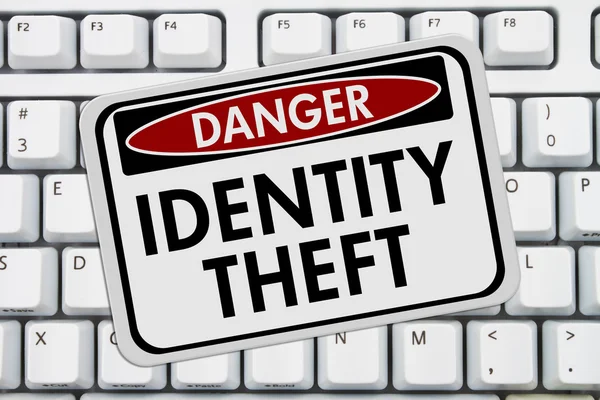Identity theft is a growing problem in the digital age. With the increasing amount of personal information available online and the ease with which it can be accessed, it is important to understand the legal implications of identity theft.
What is Identity Theft?
Identity theft is the unauthorized use of someone else’s personal information for financial gain. This can include stealing someone’s social security number, credit card information, or other personal information. It can also involve using someone else’s identity to open new accounts or make purchases.
Legal Consequences of Identity Theft

Identity theft is a serious crime that can result in significant legal consequences. In addition to the financial losses suffered by victims, identity theft can also result in damage to credit scores and reputations.
There are a number of federal and state laws that address identity theft. One of the most important is the federal Identity Theft and Assumption Deterrence Act, which makes it a crime to knowingly transfer or use another person’s identity for unlawful purposes.
Other federal laws that address identity theft include the Fair Credit Reporting Act, which gives consumers the right to dispute inaccurate information on their credit reports, and the Electronic Fund Transfer Act, which regulates electronic funds transfers and provides protections for consumers.
States also have their own laws that address identity theft. These laws may provide additional protections for consumers and may impose harsher penalties on perpetrators of identity theft.
Protecting Yourself from Identity Theft
There are a number of steps you can take to protect yourself from identity theft. Some of the most important include:
- Keeping your personal information secure
- Using strong passwords and changing them regularly
- Monitoring your credit report regularly
- Avoiding phishing scams and other online fraud
If you are a victim of identity theft, it is important to act quickly to minimize the damage. This may include contacting your bank or credit card company to report fraudulent activity, placing fraud alerts on your credit reports, and filing a police report.
Identity theft is a serious crime that can have significant legal and financial consequences. By understanding the legal implications of identity theft and taking steps to protect yourself, you can help prevent becoming a victim and minimize the damage if it does occur.

